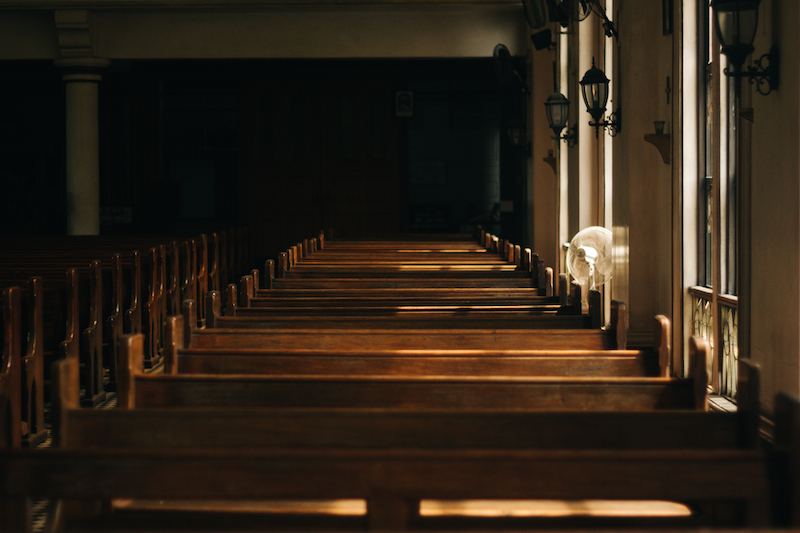
The number of religiously unaffiliated people in America has grown over the past few decades, according to a new study by Public Religion Research Institute.
The latest survey published on September 22 says that about 25 percent of American adults now do not associate themselves with any religion.
Most of these unaffiliated people moved away from their faith because they stopped believing in the religion's teachings (60 percent), and a minority left the religion because of negative teachings about homosexuality (29 percent), clergy sexual abuse scandals (19 percent), traumatic event in their lives (18 percent), and politicization of church (16 percent).
About 40 percent of young adults aged between 18 and 29 identify as religious "nones," while only 13 percent of seniors above the age of 65 are religiously unaffiliated.
About 20 years ago, people's expression and identification with religion was different. In 1986, only about 10 percent of the young adults identified as religious "nones."
According to the study, a majority of Americans grew up in religiously affiliated homes, even though more young adults (13 percent) came from religious "none" families than seniors (4 percent).
Only about 3 percent of the Americans moved from unaffiliated backgrounds to affiliated status, while 19 percent of the people left their childhood religion to embrace religious "none" identity.
Most Americans (62 percent) left their family religious affiliation before they turned 18. Only about 28 percent said they disassociated with their home religion when they were in 18-29 age group. About 5 percent left their religion somewhere between 30 and 49 years of age, and some 2 percent became religious "nones" after turning 50.
Unaffiliated and affiliated Americans have different views about religion and its impact on society.
As many as 66 percent of the religious "nones" say that "religion causes more problems in society than it solves." However, as many as 78 percent of Protestants, 74 percent of black Protestants, 72 percent of white mainline Protestants, and 66 percent of Catholics disagree with the statement.
The same proportion of people (66 percent) who thought that religion creates more problems than it solves said that children need not be brought up in a religious environment.
At the same time, an absolute majority of 84 percent (average) of the evangelical protestants, black Protestants, Catholics, and white mainline Protestants felt that religion played a crucial role in shaping children.
As many as 58 percent of the religious "nones" were called rejectionists because they thought that religion is a cause of more evil than good in society and that it was not personally important in their lives. About 22 percent of the unaffiliated were apatheists because though they believed that religion helps a society, they considered it personally unimportant. Only 18 percent were categorized as unattached believers who said that religion was personally important to them but they were not explicitly affiliated with it.
The religious landscape is America has been undergoing a shift for decades, which has become more apparent now than ever, PRRI stated.
The CEO of PRRI, Robert Jones, remarked that one of the features of this change is driven by a decreasing population of white Protestants and a simultaneous increase in the religious "nones," conclusions that he said he drew in connection with a related study published in a book "The End of White Christian America."
"The American religious landscape is being remade, most notably by the decline of the white Protestant majority and the rise of the religiously unaffiliated. These religious transformations have been swift and dramatic," he said.


















